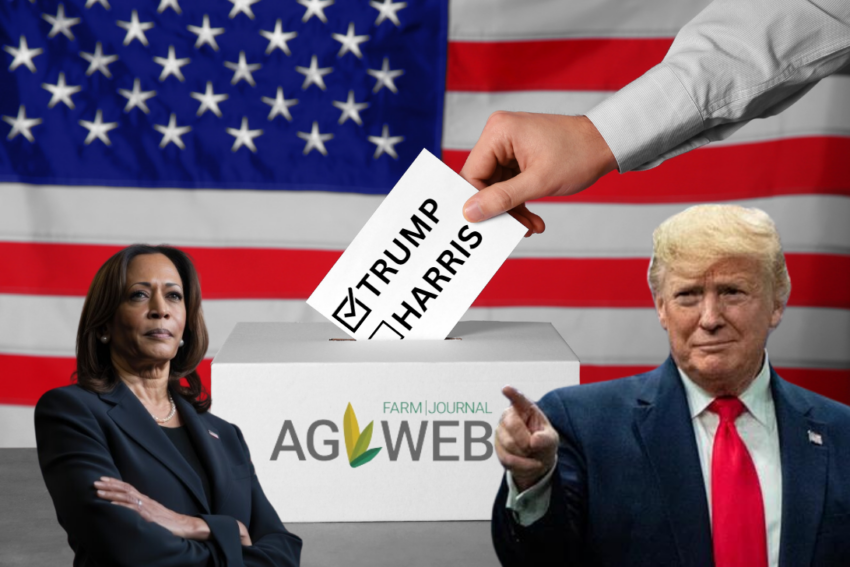As the 2024 presidential election heats up, one demographic group often overlooked in the broader political discourse is farmers. These individuals, whose livelihoods are deeply tied to the land, have unique concerns that rarely fit neatly into party platforms. According to a recent report by AgWeb, which delved into how farmers and economists view the presidential candidates, there’s a palpable sense of desperation for representation that truly understands and addresses agricultural issues.
Farmers across the U.S. are increasingly vocal about their need for an administration that not only hears but also acts upon their concerns. The farming community has been grappling with issues like trade policies, environmental regulations, market access, and the constant talk of climate change. These are not just economic challenges but existential ones for those who work the land. The desire for a government that represents these interests has led to a complex political landscape where traditional party lines blur.
When considering the candidates, Donald Trump and Kamala Harris, farmers seem to be caught in a dilemma. While Trump’s presidency was marked by policies like the trade war with China, which initially caused disruptions but later led to aid packages for farmers, his administration also promised deregulation, which many in the farming community view favorably. Trump’s approach, while not universally loved, was perceived as at least attempting to address agriculture directly, even if through controversial means.
On the other hand, Kamala Harris, as the Democratic nominee following Biden’s withdrawal, presents a different set of policies. Her stance on climate change, labor rights, and potentially stricter regulations on farming practices has created a divide. While some farmers appreciate the focus on ‘sustainability’ and worker rights, many fear these policies could burden them with costs they can’t afford, especially in an industry where profit margins are already tight.
— Tractor Report (@tractorreport) October 11, 2024
The AgWeb report highlighted a nuanced perspective. While there’s no monolithic view among farmers, a significant portion leans towards Trump not because they see him as an ideal representative of their values, but because they perceive him as the lesser of two evils compared to Harris. This preference isn’t about ideology but pragmatism, driven by the immediate economic impacts of policy decisions. Farmers are looking for someone who might offer temporary financial relief or at least not impose what they see as burdensome regulations.
The underlying theme from farmers is not just about choosing between Trump and Harris but a broader call for policies that genuinely support the agricultural sector. They’re looking for candidates who will engage in meaningful dialogue about water rights, crop insurance, the future of genetically modified organisms (GMOs), and sustainable farming practices without crippling their operations.
The 2024 election for farmers isn’t just about who wins the White House; it’s about their survival and prosperity. The AgWeb report underscores a critical point: farmers are not just looking for empathy or promises but for actionable policies that reflect their daily realities. While Trump might be seen as a preferable option due to past actions or perceived less regulatory burden, the underlying message is clear. Farmers are desperate for an administration that listens, understands, and acts in their favor, regardless of political affiliation. This election cycle, more than ever, highlights the need for agricultural policy to be at the forefront of political discussions, ensuring that those who feed the nation are not left behind in the political discourse.


